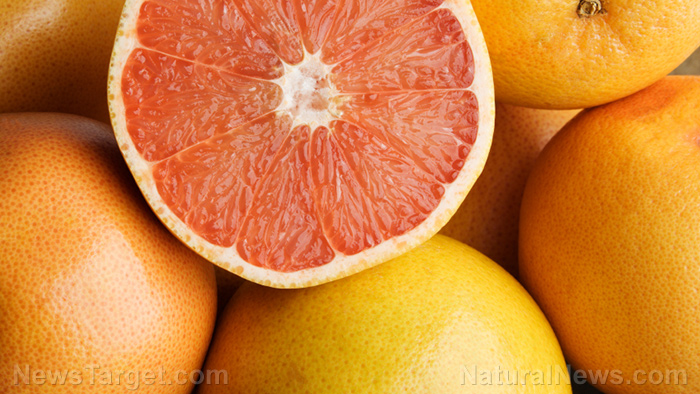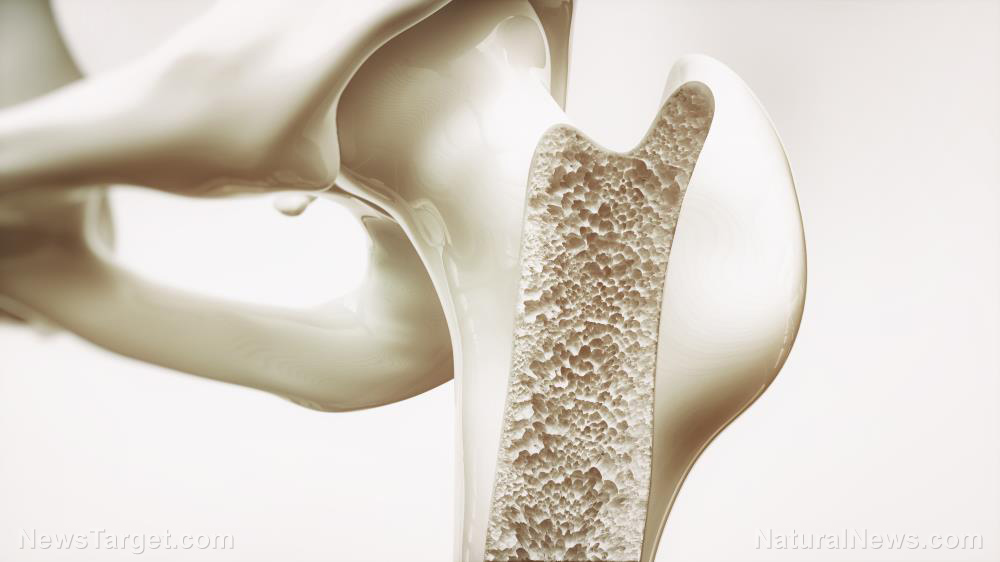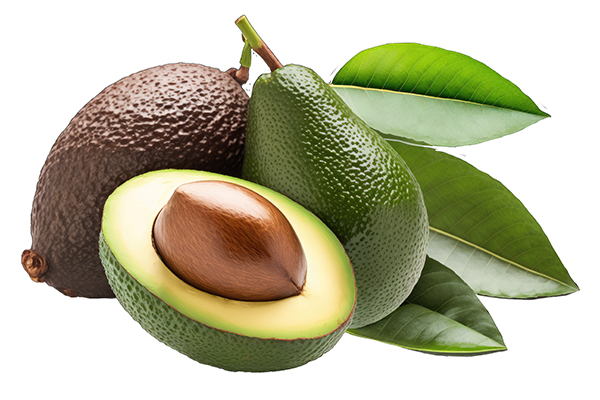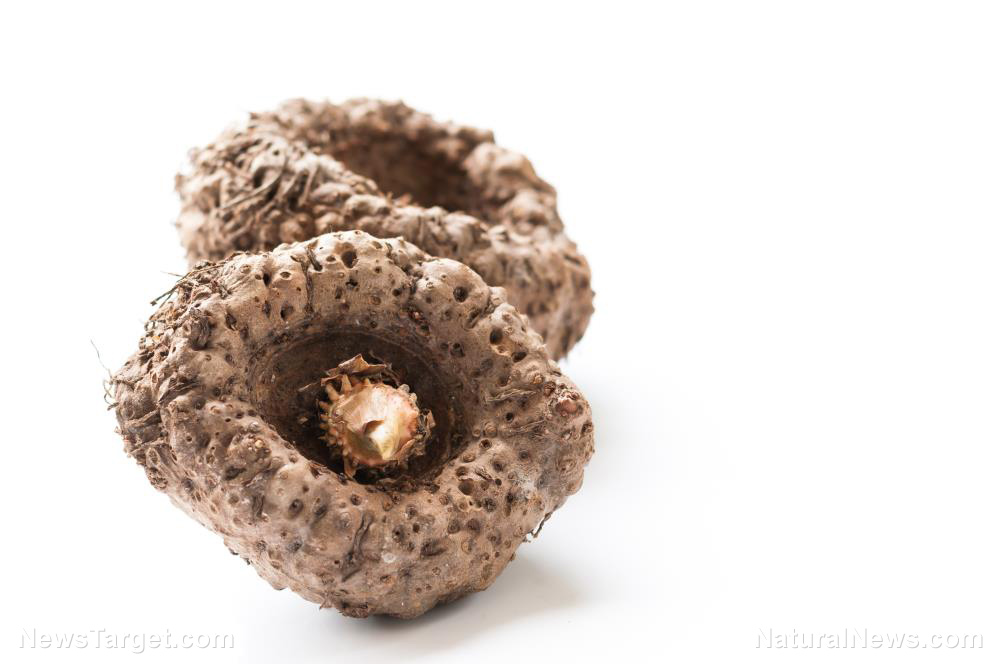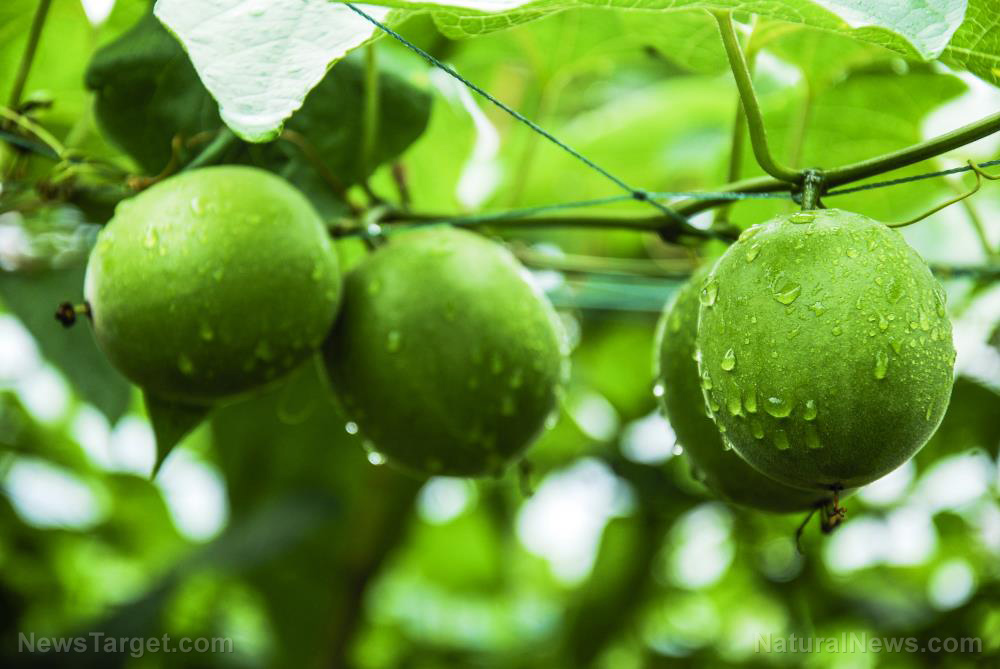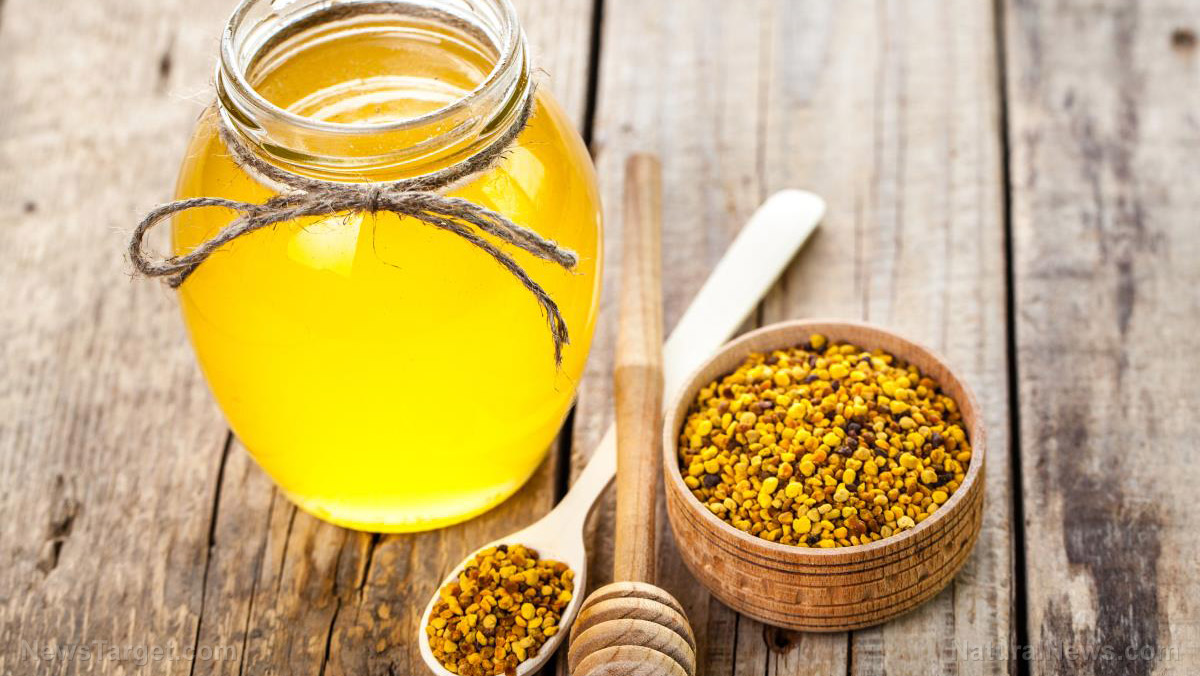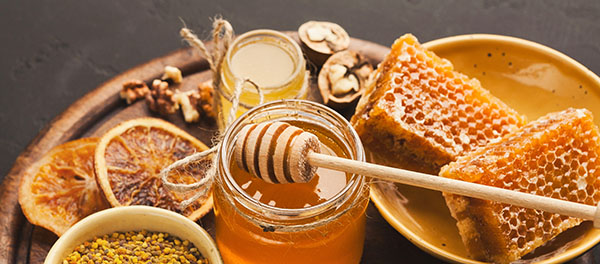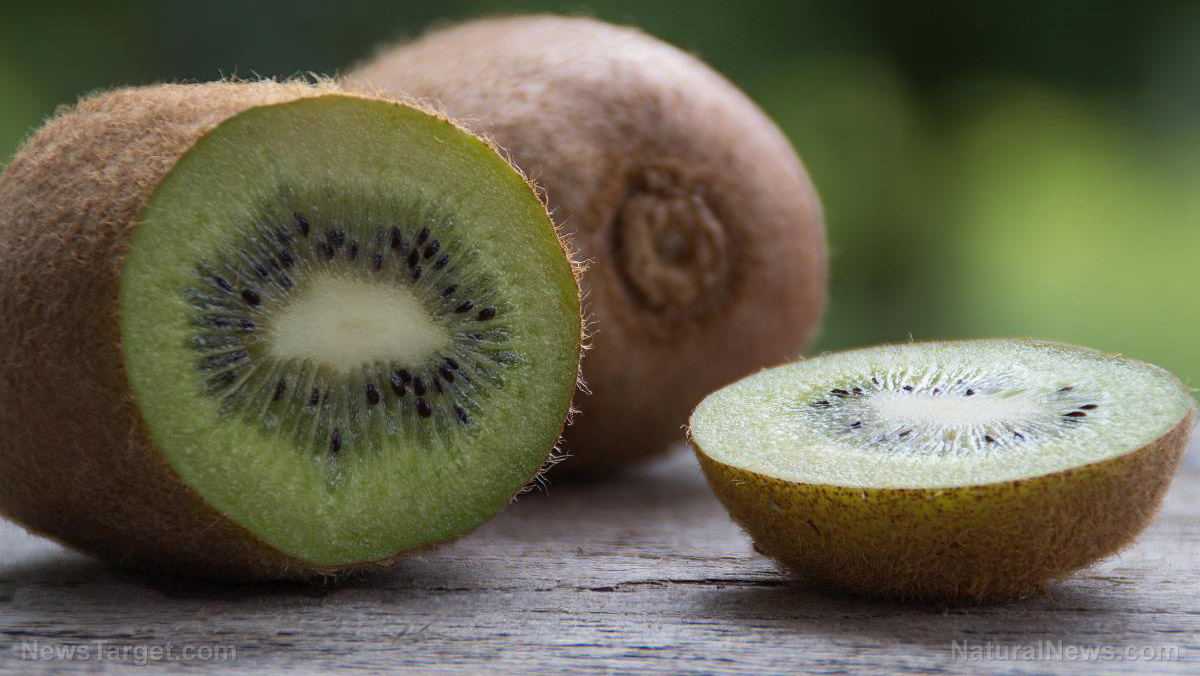Pumpkins can help alleviate vitamin A deficiency and prevent severe disease outcomes for measles
11/10/2023 / By Lance D Johnson

One of the oldest cultivated crops in North America is the pumpkin fruit. These iconic autumn globes belong to the gourd family (Cucurbitaceae), right along with the watermelon, cantaloupe, honeydew melon, zucchini and cucumber. Native tribes have been growing pumpkins for food and medicine since at least 5,000 B.C. The oldest domesticated pumpkins were discovered by archaeologists in Oaxaca, Mexico and are thought to have originated in Central America more than 7,500 years ago.
Far more than just decorations, pumpkins are loaded with nutrition and provide several medicinal benefits. From the flesh to the seeds, pumpkins were historically grown to keep families fed through the tough winter months and to keep villages sustained during times of food scarcity. Because they are loaded with vitamin A, pumpkins can help alleviate vitamin A deficiency and prevent severe disease outcomes for measles.
Pumpkins provide vitamin A to help protect against severe measles
The pumpkin’s orange color indicates that the fruit is rich in an antioxidant called beta-carotene. The human digestive system converts beta carotene into vitamin A, which is then used for proper growth and function of the eyes, skin and immune cells. Like most fruits, pumpkins also contain various other vitamins, including C, E and B6, as well as magnesium, potassium, thiamin, folate, niacin, iron and riboflavin. These vitamins and minerals also play an important role in combating infectious disease. As a bonus, the pumpkin seeds are known to expel worms from the digestive tract, making the immune system even stronger.
During measles outbreaks, children are best protected with high vitamin A intake and assimilation. Pumpkins are a great food to help bring vitamin A levels up. One cup (245 grams) of canned pumpkin provides 209% of the daily value of vitamin A.
A study from New York City found that children infected with measles are more likely to suffer prolonged fever and hospitalization when their vitamin A levels are low. Children with low vitamin A levels also had lower measles-specific antibody levels. The study authors recommend that clinicians consider vitamin A therapy for children younger than 2 years who are also infected with measles. Vitamin A improves both immunoglobulin expression and cellular immune response and is now internationally recommended for children in areas of the world where measles is endemic.
More parents are choosing to forgo the measles vaccine, due to growing concerns that the MMR vaccine (measles, mumps & rubella) can cause neurodevelopmental delays and autism in children. Efficacious treatments are especially important for parents who have children who cannot vaccinate because they are either immunocompromised or more prone to vaccine injury. Some parents desire a safer, more effective way to help their child gain immunity to this infectious disease.
According to the Centers for Disease Control and Prevention (CDC), there were more than 1,200 reported measles cases in 31 states in 2019. This is the most measles cases seen in the United States in more than 25 years. It’s becoming obvious that the measles component of the MMR vaccine fails to confer lifelong immunity and more boosters will be needed for adults and children.
As vaccine programs fail, and as more people opt out of the vaccine-immunization paradigm, it’s important to take a closer look at the foods, supplements and herbs that provide the nutrients needed to prevent severe disease outcomes. If there’s anything we have learned through the covid lockdowns, it’s that the treatments and natural health solutions are censored, shamed and ignored to push out profitable pharmaceutical products that are not proven to be safe and effective.
Through the next wave of holidays, sugar overload and seasonal illness, let’s remember to eat more whole foods rich in the vitamins, minerals and antioxidants that combat infectious disease. Pumpkins are a great start, especially for combating parasitic infections and severe measles.
Sources include:
Submit a correction >>
Tagged Under:
#nutrition, alternative medicine, children's health, food cures, food is medicine, fruits, measles, natural cures, natural health, natural medicine, natural remedies, natural solutions, nutrients, organics, pumpkin seed, Pumpkins, remedies, vitamin A, vitamin deficiency
This article may contain statements that reflect the opinion of the author
RECENT NEWS & ARTICLES
FoodIsMedicine.com is a fact-based public education website published by Food Is Medicine Features, LLC.
All content copyright © 2018 by Food Is Medicine Features, LLC.
Contact Us with Tips or Corrections
All trademarks, registered trademarks and servicemarks mentioned on this site are the property of their respective owners.


